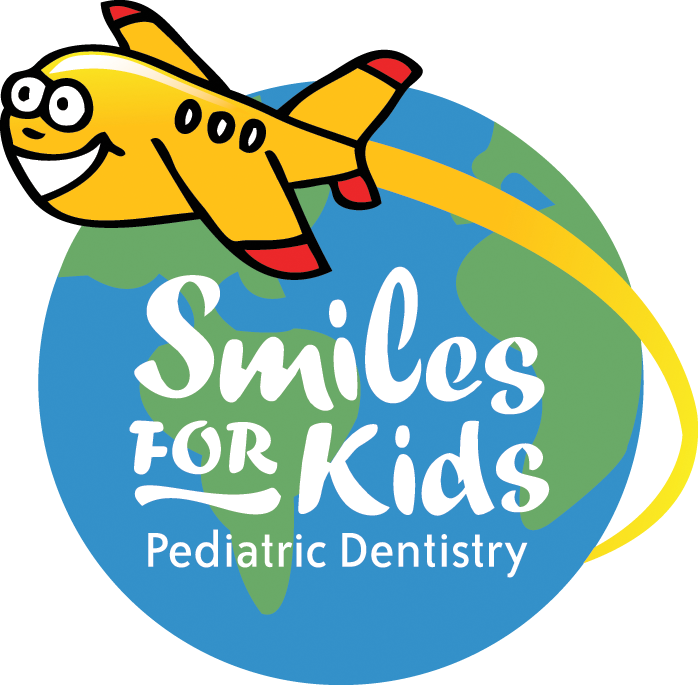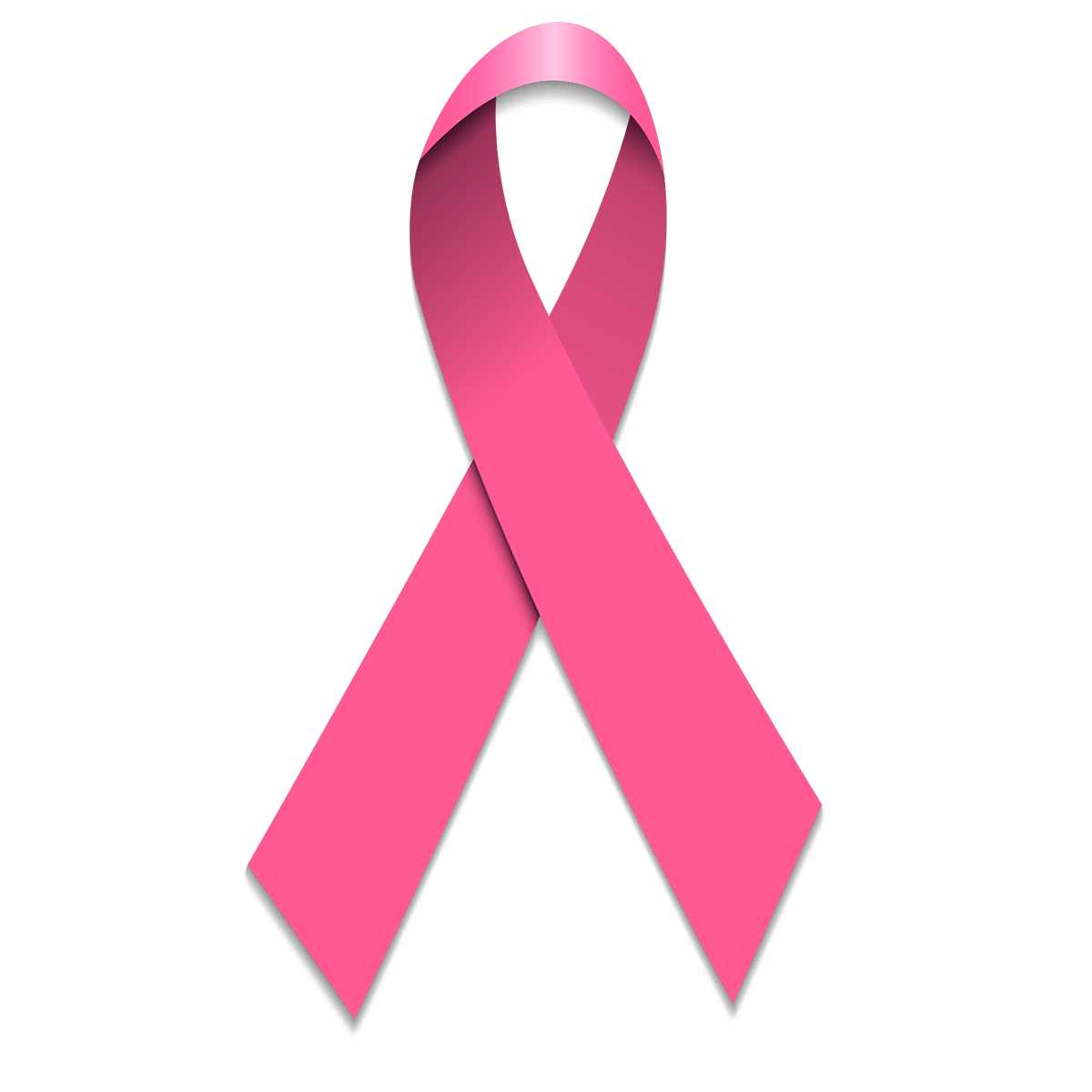October is Breast Cancer Awareness Month
/According to the Centers for Disease Control and Prevention (CDC), besides skin cancer, breast cancer is the most common cancer in women in the US. While very rare, men can develop breast cancer too.
The month of October is National Breast Cancer Awareness month with its purpose to raise awareness about breast cancer and educate men and women alike about the symptoms, prevention, treatment, and share stories about those that have fought, are fighting or lost the battle against breast cancer. There are many different ways to get involved, support, donate or volunteer during this month, and help those alongside their journey.
Facts about Breast Cancer:
Breast cancer is a disease in which the cells in the breast grow out of control. There are many different types of cells in the breast, which means there are many different kinds of breast cancer.
More than 245,000 women in the US get breast cancer each year. Most breast cancer is found in women ages 50 and older, with about 11% in women under age 45.
Risk for getting breast cancer is higher if there is a strong family history of having breast cancer, or inherited changes in the BRCA1 and BRCA2 genes.
There are many symptoms of breast cancer, such as new lumps, thickening, irritation, or pain. Some have no symptoms at all. For a full list of signs and symptoms visit www.cdc.gov/cancer/breast.
The best diagnostic tool to detect breast cancer early is a mammogram. A mammogram is an x-ray of the breast and can detect breast cancer up to three years before it can be felt.
During October, you can see a pink ribbon being worn or advertised. This is the international symbol of breast cancer awareness.
How can we help?
Encourage women to get screened, and talk to their doctor about when it is recommended to get a mammogram.
Take steps to lower your risk of getting breast cancer, such as maintaining a healthy weight, exercising, avoiding or limiting alcohol intake, limiting radiation exposure, avoiding chemicals that can cause cancer, and more.
Donate to charities that support breast cancer research.
Simply sharing this blog can help to educate others!

